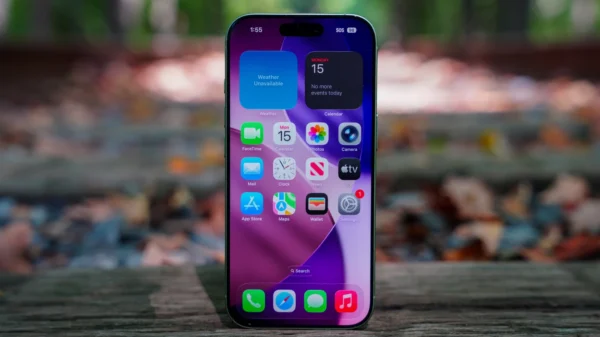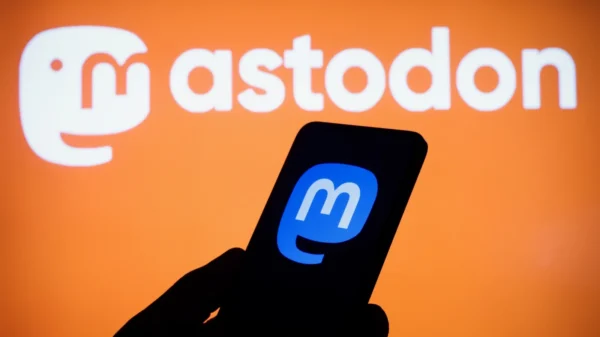A recent study from advertisement company Omnicon found that the average smartphone owner interacts with applications 88 times per day, spending, on average, five hours plugging away on their phones. The study also showed that many users admitted to spending less time with friends or family and neglecting other duties due to a need to use their phones, admitted to feeling physical discomfort when being placed in situations that did not allow them to access their favorite apps, and even experiencing shame when thinking about how many hours they spend tapping away each day.
For those unfamiliar, these are among the most quintessential signs that a behavior in question is actually an addition.
Scott Hagedorn, CEO of one of Omnicon’s media agencies, shared some of the strategies incorporated by the corporate giant in a recent panel titled “Addicted to Likes: Consumers In The Age Of Armaggedon.”
Hagedorn believes that advertisers may be playing a very big role in promoting addictive behaviors to their customers – a much bigger role than they are aware of.
“We’ve come to the conclusion that more net attention is spent on mobile devices and applications but they’ve actually been purpose-built to drive addiction and pull your attention in,” says Hagedorn.
He fears that advertisers and companies may be making decisions based on an outdated understanding of the power of advertising, and says this mentality can end up seriously harming target brands.
Other panelists also made note of the power of mass data collection, and how the understandings of specific users allow them to more accurately target their content to keep users engaged for longer periods of time.
In the words of former Google design ethiscist Tristan Harris,
“We’ve always had persuasion, we’ve always had advertising, and we’ve always had propaganda, but the scale and personalization make this really a new situation. We have super computers pointed at people’s brains, at teenager’s brains, playing chess against their minds, saying, what’s the perfect thing I can show you.”
Certain companies are beginning to respond to the growing fears about phone addictions. Apple, for example, details of iOS 12 reveal that combating addictions will be one of the next big focuses of the operating system. Among the included tools are the ability to restrict which hours a user can access certain apps or to set timers on apps that only allow them to be used for a certain number of hours each day. Parental controls are also introduced, giving parents more control over their teens’ budding addictions.
The panelists also offered alternatives to the problems discussed. Hagedorn theorizes that advertisers could look to mitigate this unethical practice by not funding advertisements during certain hours. This would have to include a change to the way advertising functions, altering the standard attempts to capture a certain audience at all times to attempts to capture an audience at certain times of the day, similar to how buying out sections of a Television network already function.
But there’s an old saying that could get in the way of any real corporate decisions made to mitigate phone addictions: “Hey, if it ain’t broke…”
The current advertisement algorithms are working. Multiple platforms, such as social media applications, have based their business models off of keeping users addicted, and have made terrific amounts of money by succeeding at this goal. Phone addiction is beginning to reach serious levels, but it has not yet reached the point to trigger a large enough pushback on such practices for these companies to consider changing the way they currently entrap users.
After all, any attempt by them to reduce phone addictions probably means they’re going to be making less money, and therefore something they’ll look to avoid at all costs.
Featured Image Via Flickr / Domani













































Matt Cole
July 11, 2018 at 3:14 pm
I don’t see hoe ios12 will be able to curb addiction as the timer and hour restriction ideas will surely anger a lot of people.
Maya Asregadoo
August 3, 2018 at 12:49 am
I’m definitely addicted to my phone; it’s good (if a bit suprising) to hear that Apple is attempting to curb peoples’ addictions.